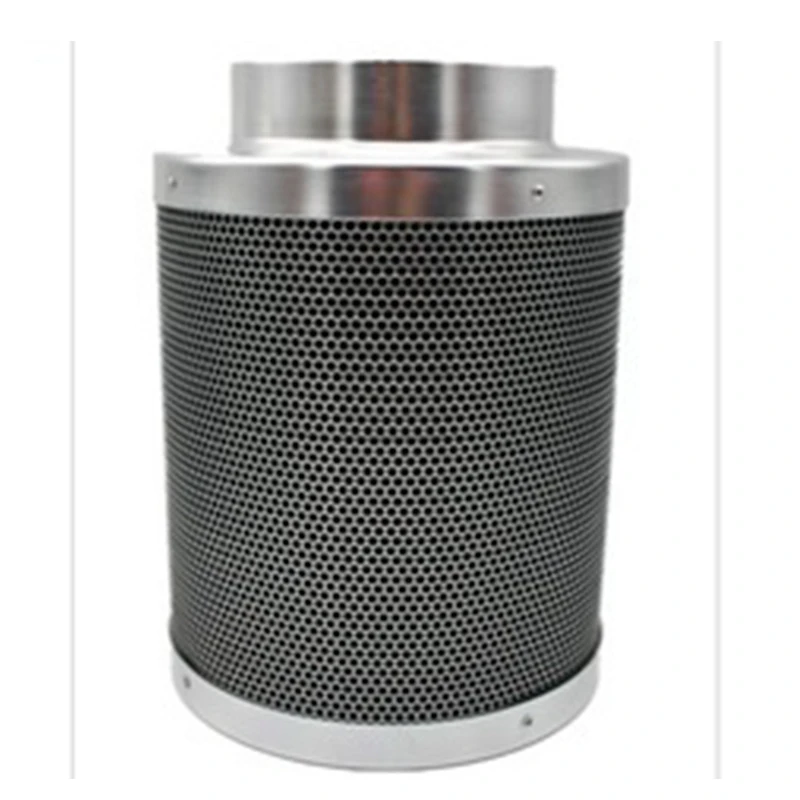 Tel:
+8615930870079
Tel:
+8615930870079
أغسطس . 19, 2024 12:09 Back to list
Optimizing Air Intake Filters for Gas Turbine Performance and Efficiency
Importance of Gas Turbine Air Intake Filters
Gas turbines are renowned for their efficiency and power generation capabilities. They play a crucial role in various applications, including electricity generation, aviation, and marine propulsion. One of the critical components that significantly influences the performance and longevity of gas turbines is the air intake filter. This article explores the importance of air intake filters in gas turbines, their operational significance, and the impact of filter maintenance.
Function of Air Intake Filters
The primary function of air intake filters is to prevent contaminants such as dust, dirt, and other particulate matter from entering the gas turbine’s combustion chamber. A clean intake of air ensures optimal combustion and maximizes the efficiency of the turbine. Contaminants can lead to a variety of issues, including turbine blade erosion, fouling of the combustion chamber, and even unplanned downtime due to mechanical failures.
Additionally, the quality of the air entering the turbine directly impacts its performance. A well-maintained air intake filter allows for a consistent air supply, thereby optimizing the turbine's operational capacity. The filter also helps in maintaining the overall environmental compliance of the turbine, ensuring that it operates within prescribed emission limits.
Types of Air Intake Filters
Gas turbine air intake filters come in various designs and types, including dry filters, wet filters, and electrostatic filters
. Each type has its advantages and specific applications1. Dry Filters These are commonly used in gas turbines, offering a high filtration efficiency and low pressure drop. They are primarily made from synthetic materials that provide excellent dust-holding capacity.
gas turbine air intake filter

2. Wet Filters While less common, wet filters can effectively remove moisture and particulates. They are often used in environments with high humidity or where air quality is particularly poor.
3. Electrostatic Filters These filters utilize an electrostatic charge to attract and capture particles. They offer a high level of filtration efficiency and can be reused after cleaning.
Maintenance and Monitoring
Regular maintenance of air intake filters is crucial for ensuring the efficiency and longevity of gas turbines. Over time, filters can become clogged with particulates, leading to increased pressure drop across the filter, which in turn reduces air flow to the engine. This can result in decreased performance and increased fuel consumption.
Monitoring the condition of air filters is also essential. Many modern gas turbines are equipped with sensors that provide real-time data on filter pressure drop and airflow. This data can help operators determine when a filter needs cleaning or replacement, allowing for proactive maintenance and minimizing downtime.
Conclusion
In summary, gas turbine air intake filters are vital for the efficient operation of gas turbines. They protect critical engine components from harmful contaminants, ensuring optimal performance and reliability. Understanding the different types of filters and implementing regular maintenance practices can significantly enhance the operational efficiency of gas turbines. As industries continue to rely on gas turbines for power generation and other applications, prioritizing the upkeep of air intake filters will remain a critical focus for operators seeking to maximize performance and longevity.
Investing in high-quality filters, regular monitoring, and maintenance routines will not only improve operational efficiency but also reduce overall operational costs and contribute positively to environmental compliance. Therefore, air intake filters should be seen not just as a necessity, but as a key component in the effective management of gas turbine operations.
-
Types and Applications of Air Filtration CartridgesNewsJul.28,2025
-
The Role of Gas Turbine FiltersNewsJul.28,2025
-
Mastering Air Filter Cartridge UseNewsJul.28,2025
-
Advanced Turbine Filters for Modern Gas TurbinesNewsJul.28,2025
-
Cellulose Air Filter Cartridge Advantages in Dust FiltrationNewsJul.28,2025
-
Cellulose Filters for Air Particle ReductionNewsJul.28,2025

 Email:
Email:





